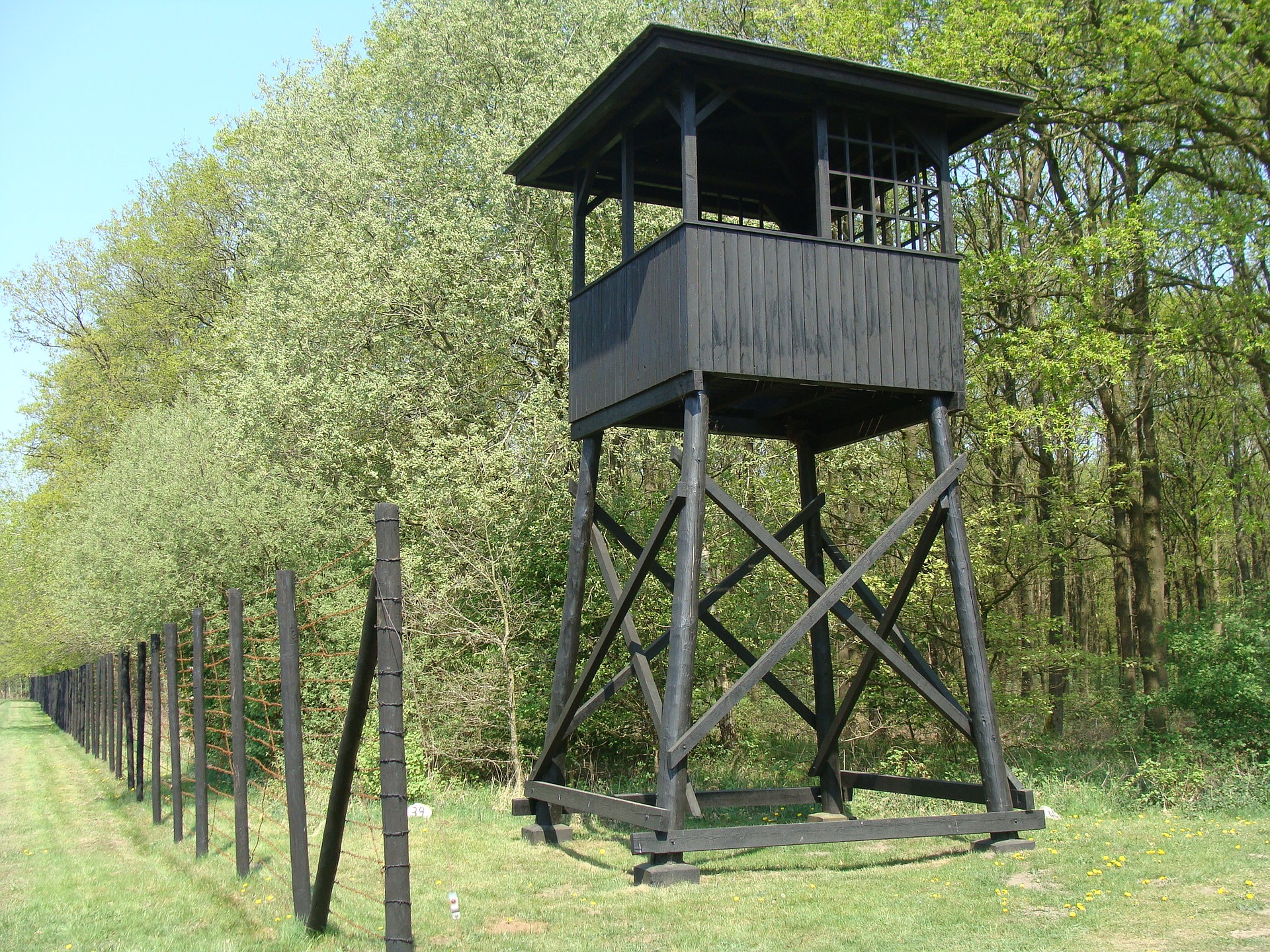More WWII centres of remembrance call for funding boost

Four more World War II remembrance centres have asked the government for additional financial help to carry out their educational tasks.
The former transit camps Amersfoort and Vught, the former Nazi prison Oranjehotel in Scheveningen, and the Indisch Herinneringscentrum in The Hague do not have enough cash to do their jobs, their four directors told the education ministry in a letter.
Imminent cuts in subsidies and a rise in VAT for the cultural sector will make matters worse, they said. The four centres together welcomed some 150,000 visitors in 2023, up 30,000 compared to a year earlier. But despite the rising visitor numbers, the centres can only cover management and maintenance costs.
The demand for information about the war, polarisation and antisemitism is growing, they said.
“There is huge potential in this place that we cannot realise, despite the work of 140 volunteers,” Jeroen van der Eijnde, director of Kamp Vught, told local broadcaster Omroep Brabant.
Last week, the remembrance centre at Kamp Westerbork in Drenthe also asked for more money. Some 100,000 Jews and 250 Sinti and Roma spent time at Kamp Westerbork, which was a transit stop for people being taken to the Nazi death camps, including Anne Frank and her family.
At the Oranjehotel, a nickname given to the Nazi prison by resistance fighters who were incarcerated and tortured there, some 25,000 people were locked up, including Jews, communists, Jehova’s witnesses and black marketeers.
Some 15,000 people were transported to the Nazi death camps from Kamp Vught in Brabant, the only one of the three concentration camps in the Netherlands to be under SS command.
Kamp Amersfoort, established in 1941, was the longest-lived transit and penal camp in the Netherlands. The camp was notorious for the extremely harsh treatment of the prisoners, particularly by camp guard Joseph Kotalla who was tried and sentenced in the Netherlands and died in a Dutch prison.
The Indisch Herinneringscentrum focuses on the Japanese occupation, the Dutch war on Indonesia following WW II and the War of Independence.
Thank you for donating to DutchNews.nl.
We could not provide the Dutch News service, and keep it free of charge, without the generous support of our readers. Your donations allow us to report on issues you tell us matter, and provide you with a summary of the most important Dutch news each day.
Make a donation